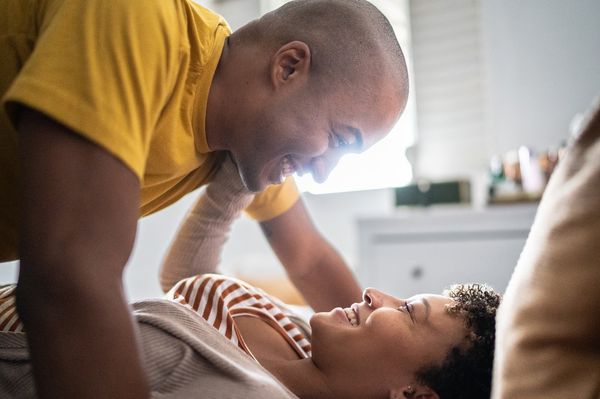Q:
I've recently heard that the brain is the most important sexual organ. What does that mean?
A:
You heard right. But, the brain-body response where sex and female sexual desire are concerned is more complicated than just thinking of the brain as a "sexual organ."
First of all, as you know, the brain is the center of all our emotions and thoughts. It also is the operating center for a complex network of neurotransmitters and neuroendocrine systems—nerves, hormones and other chemicals that are responsible for, among other things, sexual desire and response. For example, the brain transmits signals that start a cascade of reactions leading to genital arousal.
When it comes to women and sex, how we feel about ourselves, our lives, our partners and our relationships typically has more to do with whether we feel like having sex. Unlike men, in whom thinking about sex translates to erection, arousal in some women (vaginal wetness, increased blood flow to the vagina) may start after lovemaking begins. In other words, a woman might begin lovemaking relatively uninterested, doing it because she wants to please her partner or because it makes her feel good about herself. As things progress and she focuses on the stimulation and feelings, she becomes aroused and her sex drive, or libido, spikes. In some women, however, arousal may start with just thinking about sex.
Sexual response for women is a complicated mind-body reaction, which is why it's so hard for many women to "get in the mood" when they're distracted, whether by long to-do lists, exhaustion from being up all night with children or issues at work. It also explains why it's difficult for a woman to feel sexual toward her partner if they are fighting or she feels unloved or unappreciated. So, yes, our brains could be our most important sexual organs—when you realize that this is where so much of the sexual response begins.







